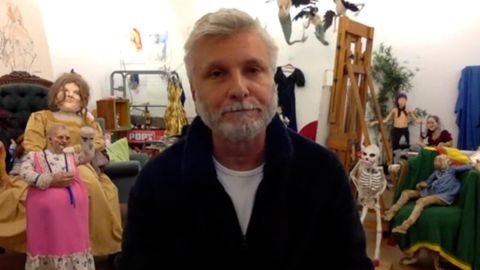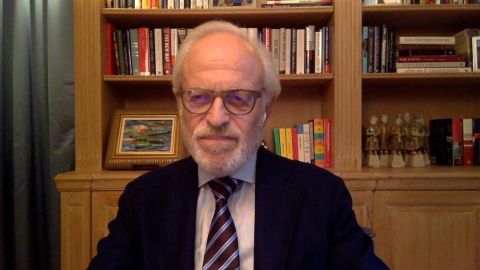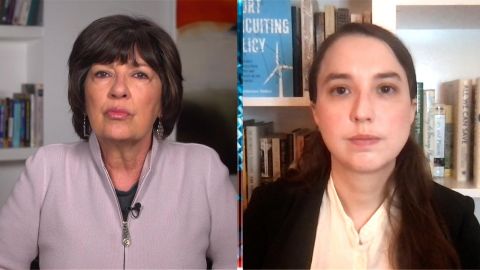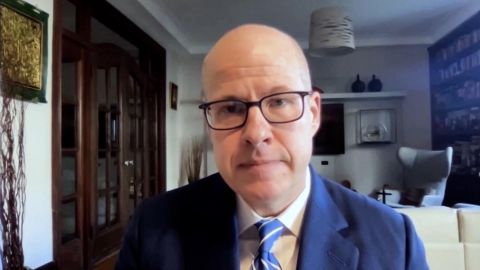Read Transcript EXPAND
MARTIN INDYK, FORMER U.S. AMBASSADOR TO ISRAEL: Well, I think a lot of people don’t know that Kissinger actually spent the four years of his time as secretary of state working the peace process in the Middle East. His successful efforts at detente with the Soviet Union and the opening to China and his somewhat less successful efforts in other parts of the world like Vietnam, Laos and Cambodia were all while he was national security adviser. But when he became secretary of state, that’s when he devoted himself to peacemaking in the Middle East. And that’s what I thought was worth looking at in detail, especially because four presidents, the last four presidents, and two of them I worked with on the peace process, haven’t had much success at it. And I decided after the last failure that I was involved in, which was the last Israeli-Palestinian negotiations to take place, seven years ago, that I needed to go back and look at a successful effort, and Kissinger’s, all the documents involved, all the protocols of his meetings, and his phone calls everything, basically, plus the Israeli archives, all open now and available. And I also thought, Christiane, that it would be useful to take people back into the rooms where diplomacy is done, because I think very few people understand exactly how diplomacy looks, and have a look at the guy, Kissinger, who is the master of the game.
(CROSSTALK)
CHRISTIANE AMANPOUR: OK, so that title of your book, of course, and you do — you seem to have had a huge amount of archives and resources to draw on. So break down then his philosophy and why his was successful and yours failed, essentially. I mean, from — I mean, basically, his philosophy was not idealism, and it wasn’t about peace, necessarily, in terms of using that word. It was about order. And it was about pragmatism. Tell us what that all means.
INDYK: Exactly, Christiane. It was — Kissinger was quite skeptical of peace, at least as an endgame, an end to the conflict. He saw that, the effort to pursue an end-of- conflict peace, as problematic, because if it were pursued with too much passionate, it often achieved, in his study of history, the opposite. So, for him, peace was, in some ways, a problem, not a solution. And he preferred order, a stable balance of power. But he recognized in the Middle East, after the outbreak of the 1973 Yom Kippur War, which happened on his watch, that order alone, a stability produced by balance of power alone, was not enough. There needed to be a peace process to legitimize that order and address the grievances of powers involved in the order, so that they wouldn’t go back to war.
About This Episode EXPAND
Senator Joe Manchin continues to block a significant part of Biden’s climate legislation. Martin Indyk’s “Master of the Game,” looks at Henry Kissinger’s role in the Middle East. Washington Post columnist Max Boot blames Trump for leading the growing extremism within the Republican party. Known for her uncompromising attitudes, Rego fiercely took on fascism and explored women’s rights.
LEARN MORE



